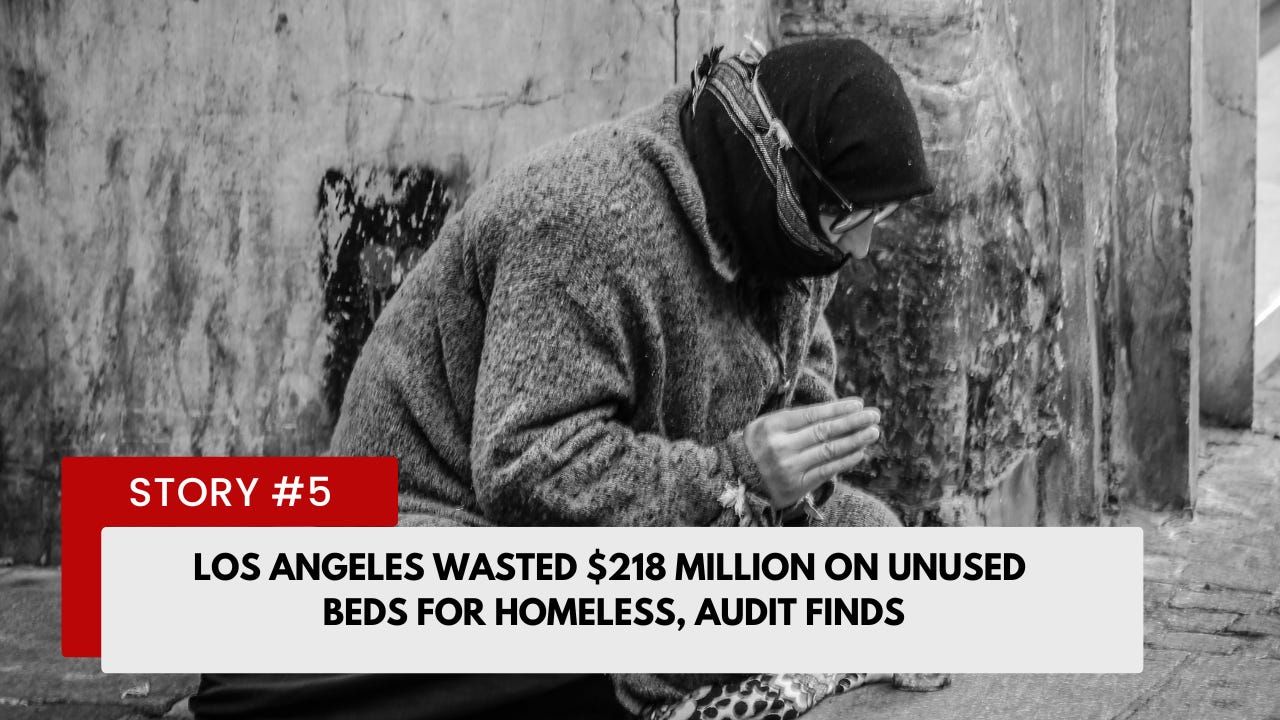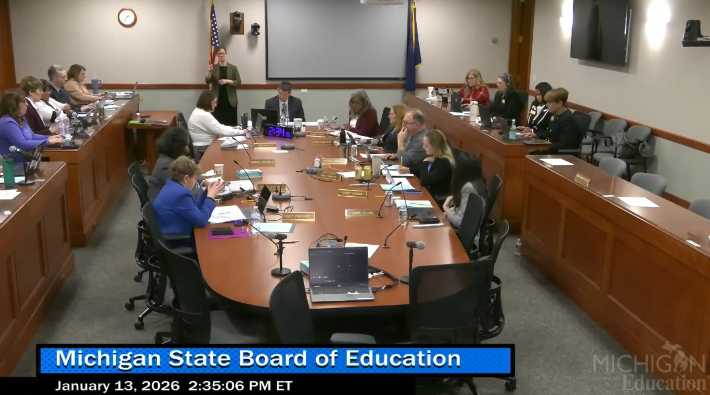

Michigan taxpayers are slated to give $259 million to a mystery company to build a semiconductor plant near Mundy Township in Genessee County.
The Charter Township of Mundy entered a nondisclosure agreement with the Michigan Economic Development Corporation on Sept. 9, 2022, which Michigan Capitol Confidential obtained through a records request.
State officials approved a total of $259 million in Strategic Site Readiness Program funds, which will go to local agencies involved in preparing a large parcel of land for development. The project could be eligible for more grants.
The township entered that agreement at least a year before voters discovered giveaway of state dollars. On Nov. 5, 2024, voters ousted township supervisor Tonya Ketzler and elected Jennifer Stainton, who opposed the giveaway.
“My position has been on the opposition side due to the lack of transparency on behalf of Mundy Township board members,” Stainton told CapCon in an email. “Signing a NDA is unacceptable to hide things from your elective public you represent. Until we see transparency from the township and from the Genesee Economic Alliance, my fight is to protect and serve my Community of Residents who put me in office.” Click here to read more.

DETROIT– The Michigan chapter of the American Federation of Teachers (AFT) sent an email to its members and supporters asking them to protect the rights of students who are illegal immigrants.
The message also includes a link to the national AFT union advice to illegal migrants on how to handle ICE.
The national union advises illegals: “Do not open the door. ICE authorities cannot come in without a signed judicial warrant. Tell them to pass the warrant under the door before you open it.”
AFT-Michigan President Terrence Martin wrote this message in his Dec. 9 President’s Update correspondence: “AFT members who work in schools—from teachers, school support staff and nurses, to bus drivers—can play a critical role in helping end the cruel criminalization, detention and deportation of students and families,” Martin wrote.
AFT-Michigan has about 35,000 members and represents the Detroit Public Schools Community District. Click here to read more.

SAN DIEGO, CALIF - On Tuesday, the San Diego County Board of Supervisors voted 3-1 for a policy that would turn the jurisdiction into a “super sanctuary” county, thereby preventing its sheriff’s department from notifying ICE about illegal immigrants who had committed violent crimes.
The policy goes beyond California state law and will require a judge’s order for ICE to receive assistance from the county to transfer illegal immigrants convicted of violent crimes to immigration authorities.
San Diego County Sheriff Kelly A. Martinez immediately responded, issuing a statement that said: “The Sheriff’s Office will not change its practices based on the Board resolution and policy that was passed at today’s meeting. The Board of Supervisors does not set policy for the Sheriff’s Office. The Sheriff, as an independently elected official, sets the policy for the Sheriff’s Office. California law prohibits the Board of Supervisors from interfering with the independent, constitutionally and statutorily designated investigative functions of the Sheriff, and is clear that the Sheriff has the sole and exclusive authority to operate the county jails.”
“I think this policy goes beyond California’s existing sanctuary laws by adding an additional layer of bureaucracy that hinders local law enforcement from directly notifying ICE about illegal immigrants who are currently in our jails,” Supervisor Jim Desmond, the lone dissenting vote, declared. “And they have committed heinous crimes, including child abuse or endangerment, driving under the influence of alcohol or drugs, but only if this conviction is for a felony, possession of an unlawful deadly weapon, gang-related offenses, a crime resulting in death or involving personal affliction or great bodily injury, possession or use of a firearm in the commission of an offense, torture, rape, and kidnapping. That’s the population we’re talking about.” Click here to read more.

DEL RIO, TX - The incoming Trump administration intends to scrap a longstanding policy that largely prevents federal immigration authorities from arresting illegal migrants in areas that are known as “sensitive” locations, according to an NBC News report.
President-elect Donald Trump would like to allow Immigration and Customs Enforcement (ICE) agents to begin arresting illegal migrants at or near hospitals, schools, churches and other areas deemed to be “sensitive” locations without needing prior approval from their supervisors, according to NBC News. Trump, who won the presidential election with a hardline immigration platform, may issue the rule change as soon as his first day in office.
The reported policy change could allow ICE agents to better follow through on one of the president-elect’s most notable campaign promises: conducting the largest deportation operation in American history.
A policy of not conducting apprehensions at sensitive locations — with exceptions relating to terrorism, national security threats or other imminent dangers — has been on the books for over a decade within the agency. Then-ICE Director John Morton issued a memo in October 2011 that largely prohibited agents from operating in schools or churches, establishing a policy that extended into the Trump and Biden administrations. Click here to read more.

LOS ANGELES, CALIF - An audit released this week by Los Angeles City Controller Kenneth Mejia found over $200 million in taxpayer dollars went to waste on anti-homelessness initiatives.
On Tuesday, Mejia released the Pathways to Permanent Housing Homelessness Audit, which examined city initiatives to help move homeless residents to permanent housing from 2019 to 2023. That report noted, however, “a woefully inadequate number of people” staying in interim facilities moved on to permanent housing.
One in four interim beds went unused, according to the report, costing taxpayers roughly $218 million over five years. While the programs aim to have a 95% occupancy rate, they did not exceed 78% in any year. The lowest occupancy rate was 64% in 2021.
“For beds that were occupied, less than 20% of people were successfully housed and more than half returned to homelessness/unknown destinations,” the report reads. “In addition, there are concerns about long-term stability for many people who were placed into permanent housing.”
Mejia called on Los Angeles officials to do better for the homeless population.






















